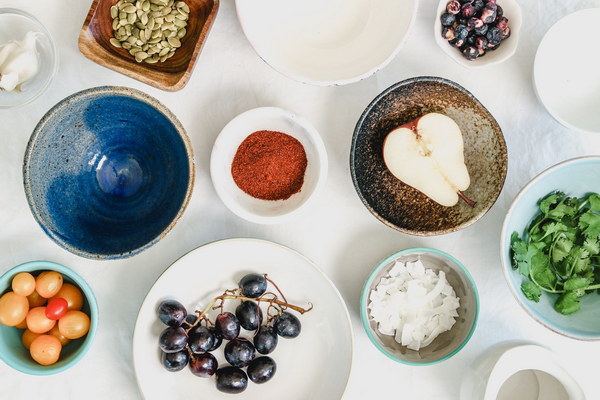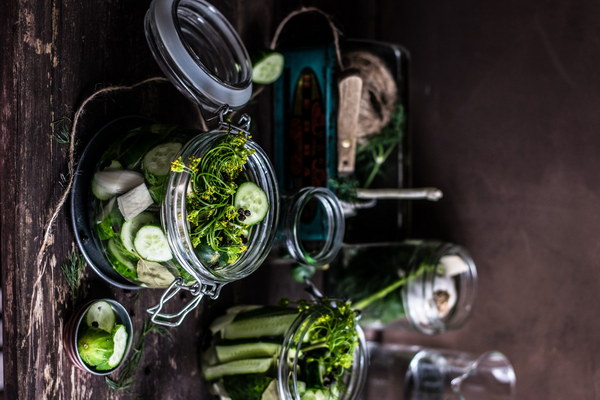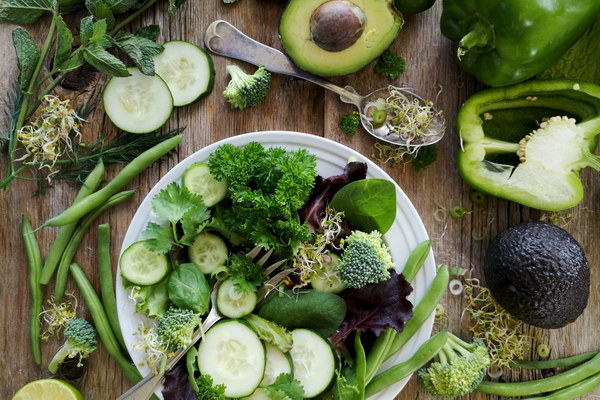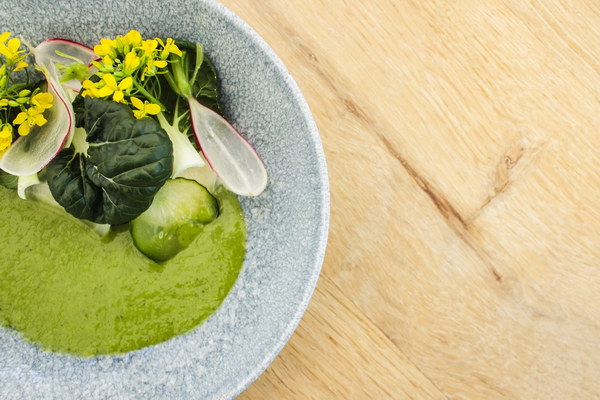Are Dried Mulberries and Goji Berries Effective for Renal Tonification in Infusion
Introduction:
In traditional Chinese medicine, dried mulberries and goji berries are commonly used for their supposed health benefits. Many people believe that consuming a mixture of these two ingredients in infusion can help with renal tonification. But is this really true? In this article, we will explore the effectiveness of dried mulberries and goji berries in enhancing renal health and whether they can truly provide renal tonification.
1. Understanding Dried Mulberries and Goji Berries
Dried mulberries, also known as mulberry tea, are derived from the dried fruits of the mulberry tree. They are rich in various nutrients such as vitamins, minerals, and antioxidants. Goji berries, also known as wolfberries, are a popular superfood in Chinese medicine, known for their numerous health benefits. Both of these ingredients have been used for centuries in traditional Chinese medicine to promote overall health and well-being.

2. Renal Tonification in Traditional Chinese Medicine
Renal tonification is a fundamental concept in traditional Chinese medicine. It refers to the process of strengthening the kidneys and promoting their proper function. The kidneys are considered the root of life and are responsible for several vital functions, including the production of sperm, the regulation of water balance, and the maintenance of bone health. By tonifying the kidneys, individuals aim to improve their overall health and well-being.
3. The Nutritional Benefits of Dried Mulberries and Goji Berries
Dried mulberries and goji berries offer several nutritional benefits that may contribute to renal tonification:
a. Antioxidants: Both dried mulberries and goji berries are rich in antioxidants, which help protect the body from oxidative stress and damage caused by free radicals. This may help improve kidney health and reduce the risk of kidney diseases.
b. Vitamins and Minerals: Dried mulberries and goji berries contain essential vitamins and minerals such as vitamin C, vitamin E, selenium, and zinc. These nutrients play a crucial role in maintaining kidney function and protecting against kidney damage.
c. Anti-inflammatory Properties: The presence of certain compounds in dried mulberries and goji berries may have anti-inflammatory effects, which can help reduce inflammation in the kidneys and improve their overall function.
4. Scientific Evidence
While traditional Chinese medicine has long praised the benefits of dried mulberries and goji berries for renal tonification, scientific evidence supporting these claims is limited. Some studies have shown promising results, but more research is needed to fully understand the mechanisms behind these benefits.
a. Animal Studies: Some animal studies have demonstrated that dried mulberries and goji berries may have a positive impact on renal health. However, these findings cannot be directly translated to human applications.
b. Human Studies: A few human studies have investigated the effects of dried mulberries and goji berries on renal function, but the results have been inconsistent. Some studies suggest that these ingredients may improve kidney health, while others indicate no significant effects.
5. Conclusion
While dried mulberries and goji berries offer several potential health benefits, the evidence supporting their effectiveness in renal tonification is still limited. While consuming these ingredients as part of a balanced diet and healthy lifestyle may not harm, it is essential to approach any claims of renal tonification with a critical mindset. It is advisable to consult a healthcare professional before incorporating these ingredients into a renal tonification regimen. More research is needed to fully understand the potential benefits and mechanisms of dried mulberries and goji berries in renal health.









